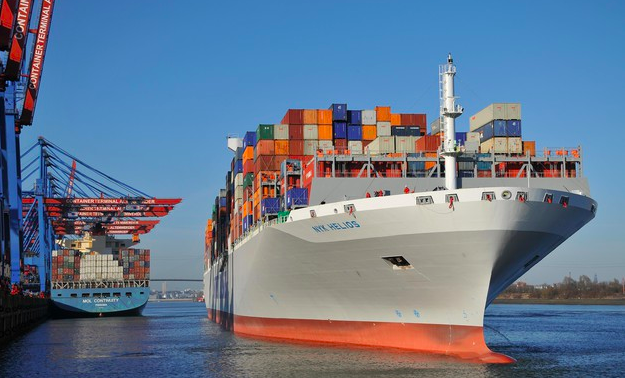The U.S. Trade Representative released a new round of proposed tariffs on an additional $200 billion worth of U.S. imports from China, potentially including sports bags and baseball, softball, hockey and ski gloves.
The list of items that would be hit with a 10 percent tariff also includes a wide range of household items, such as electronics, appliances, furniture and some textiles. The items include fish sticks, handbags, apples, spark plugs, vacuum cleaners, furniture, auto and bicycle parts, French doors, yarn and ceramic tiles. It left untouched U.S.-branded smartphones and laptop computers.
When the list is complete, there will be a review process, and companies will be given an opportunity to petition the government to exempt their products from the new tariff. The USTR will accept public comments and hold hearings Aug. 20-23 before reaching a decision after Aug. 31.
The new U.S. proposed levies would be on top of 25 percent tariffs that the Trump administration has assessed on $50 billion of Chinese goods, $34 billion of which took effect last Friday. The first U.S. tariff list focused on Chinese industrial products, an attempt to reduce the direct impact on American consumers, including levies on Chinese solar panels, steel, aluminum and many machine and industrial parts.
The administration said the new levies are a response to China’s decision to retaliate against the first round of U.S. tariffs.
Overseas, Beijing rejected the new tariff list as “totally unacceptable” and vowed to respond with counter-measures and an additional lawsuit at the World Trade Organization—the third it has brought against the United States this year.
In Congress, top Republicans raised concerns over the escalating tariffs and called on Trump to sit down with Chinese President Xi Jinping to address the conflict before it hurts more farmers, consumers and businesses in the world’s two largest economies. U.S. companies in China already have reported stalled product approvals, worker visas and licensing applications.
The Trump administration’s latest move drew opposition from business groups and some Republican lawmakers, who were concerned the tariffs could be a blow to U.S. consumers and damage the economy. Investors also were concerned. The Dow Jones industrial average closed down 219.21 points, or 0.9 percent, at 24,700.45.
Trade industry organizations also widely voiced their concern over the tariffs.
Said SFIA CEO and President Tom Cove in a statement, “SFIA believes a trade war will hurt American consumers, businesses and workers. It’s not clear how this gets resolved once it starts. We do not support this approach to trade and encourage the president to use alternative negotiating tactics to secure concessions from China to ensure a fair playing field.”
Rick Helfenbein, president and CEO of the American Apparel & Footwear Association, stated, “This move by the Trump administration, though expected, will not do anything to help American workers, American consumers or American businesses. By including items such as handbags, hats and textiles on this additional list of products, the administration has shown that it is not concerned about targeting the American public with its ‘Trump Tax.’ This will result in inflationary costs throughout the supply chain, ultimately paid for by American consumers.”
Further analysis is available in this SGB article.










